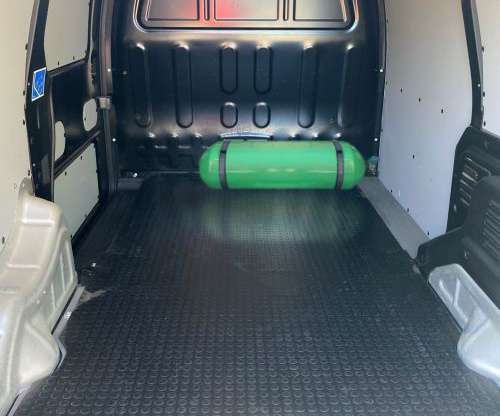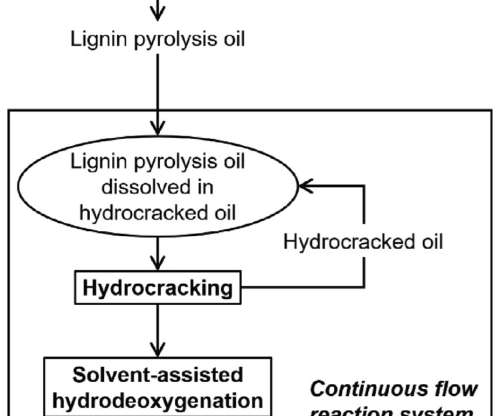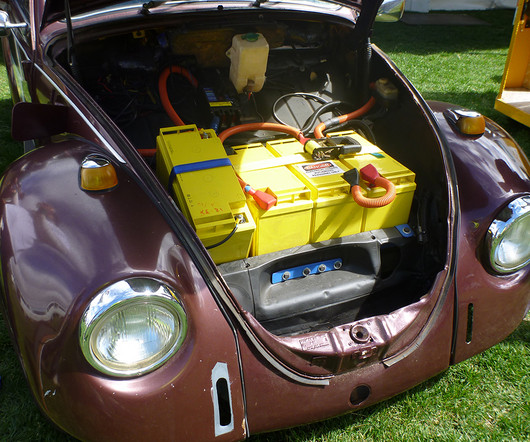DOE researchers investigate economic and environmental impacts of converting wet waste to renewable diesel
Green Car Congress
JANUARY 3, 2022
Heavy-duty diesel vehicles using mixing controlled compression ignition (MCCI), the most common ignition and combustion strategies for heavy-duty diesel engines, contribute significantly to the emissions of GHG, oxides of nitrogen (NO x ), and particular matter (PM) and are subject to stringent emission standards. Skaggs et al.










































Let's personalize your content